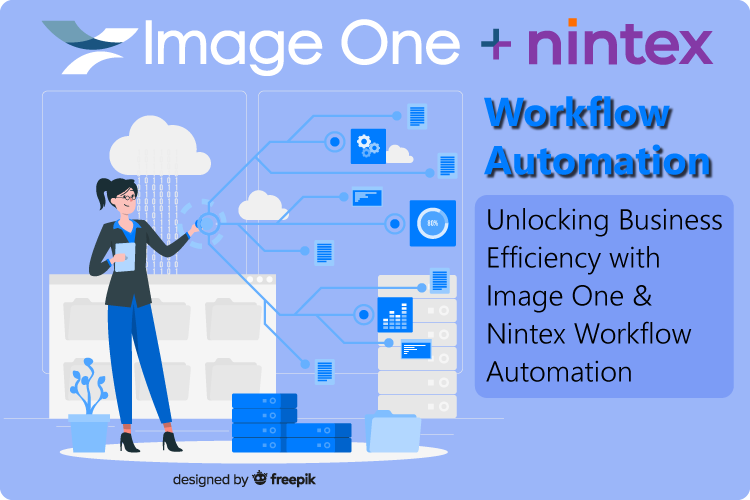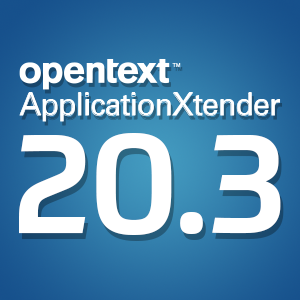UK hospitals make switch to electronic health records
Tuesday, October 28, 2014On October 26 hospitals in the United Kingdom launched a document storage system that will improve access to records.
Cambridge University Hospitals NHS Foundation Trust's new paperless health record system went live in Addenbrooke's Hospital and the Rosie Hospital, according to Kable. The program is part of a push toward streamlined operations and improved patient care. The initial leg of the strategy is focused on reducing paper usage and instead taking advantage of smart devices.
Addenbrooke's stated that it is the largest investment the hospital has made in patient care, BBC reported. Dr. Afzal Chaudhry, the hospital's chief information officer, said that the new system will help patients receive their medication sooner, and get out of the facility faster. The hospital will be the first in the U.K. to use the system – but has already seen success in U.S. hospitals. Right now the document storage system contains over 2.1 million patient records created in the past five years. It is accessible from 7,000 computers and devices at the hospitals.
"[The system] will mean, for example, that instead of having to wait for paper records to be delivered to the ward, nurses are able to bring up patient notes on their handheld devices. Patients will get their medication quicker, nurses can spend more time with their patients and people who are treated here will get home sooner," said Afzal, according to Kable. "Our aim was to create modern electronic system across our two hospitals, Addenbrooke's and the Rosie. "
The system will help the hospitals mitigate their need for paperwork and physical documents, but the paper isn't completely gone yet, the news outlet explained. The facilities still must utilize paper conversion services in order to completely migrate to the document storage system – something which is expected to take about 12 months. A new set of 4,500 computers have already been installed.
By using mobile devices with barcode scanners, nurses can access patient records easily and update them quickly. Additionally they are able to run tests such as measuring blood pressure. Staff at the hospitals will be given 24-hour support if they have questions, and will undergo training as the system's implementation continues.
"The new electronic patient record has been in operation behind the scenes since the beginning of September when we started to add existing patient information. Two weeks ago we replicated the 70,000 outpatient appointments from our existing systems and are now updating both old and new systems in parallel," Afzal stated, according to Kable.
The patient data uploaded into the document storage system will be encrypted, and won't be savable to the devices accessing it. Information will be backed up at two service centers that were designed to allow for continuous operation.
UK hospitals paperless by 2018
In 2013 Jeremy Hunt, the secretary of state for health, gave a speech stating that he believed the NHS should be paperless by 2018, BBC reported at the time. He also stated that people should be given access to their health records by March 2015. About 4.4 billion pounds ($7.1 million) could be put back into the NHS if hospitals in the UK streamlined information technology systems. The use of electronic patient records would also give staff more time to spend with patients.
Hospitals in the United States are also switching over to electronic health records. Around the time Hunt gave his speech 4 out of 10 hospitals in the U.S. had already implemented new health information technologies, according to U.S. News and World Report. Between 2010 and 2012 the number of hospitals in the U.S. with electronic health records tripled.
"The news here is mostly good, but we shouldn't declare victory yet," Dr. Ashish Jha, an associate professor with the Harvard School of Public Health, said according to the publication. "In other industries it takes about 10 years after technology is adopted to see real efficiencies. My hope is we'll see that more quickly in health care. We don't have 10 years to waste."
Brought to you by Image One Corporation providing complete information governance since 1994.




